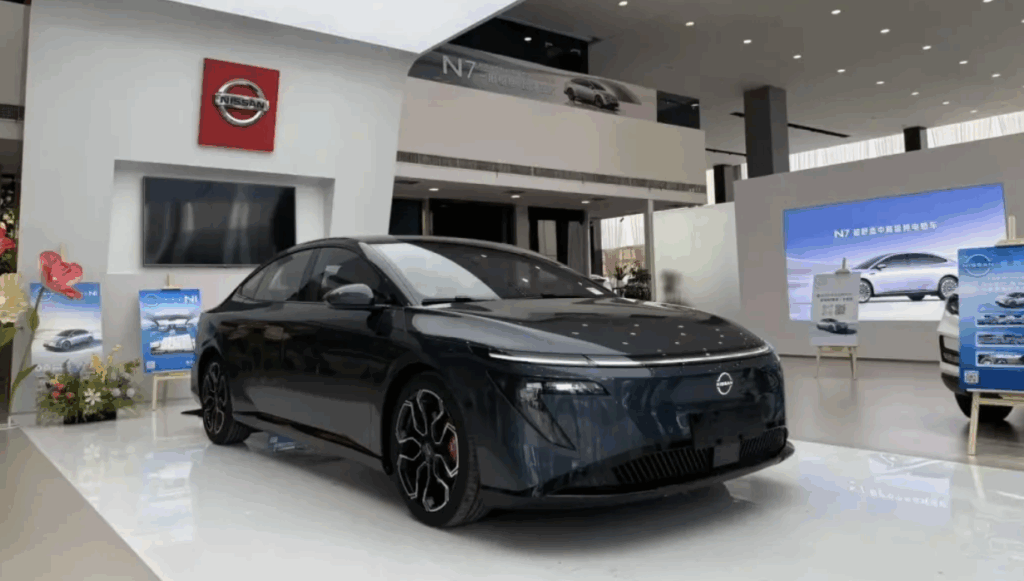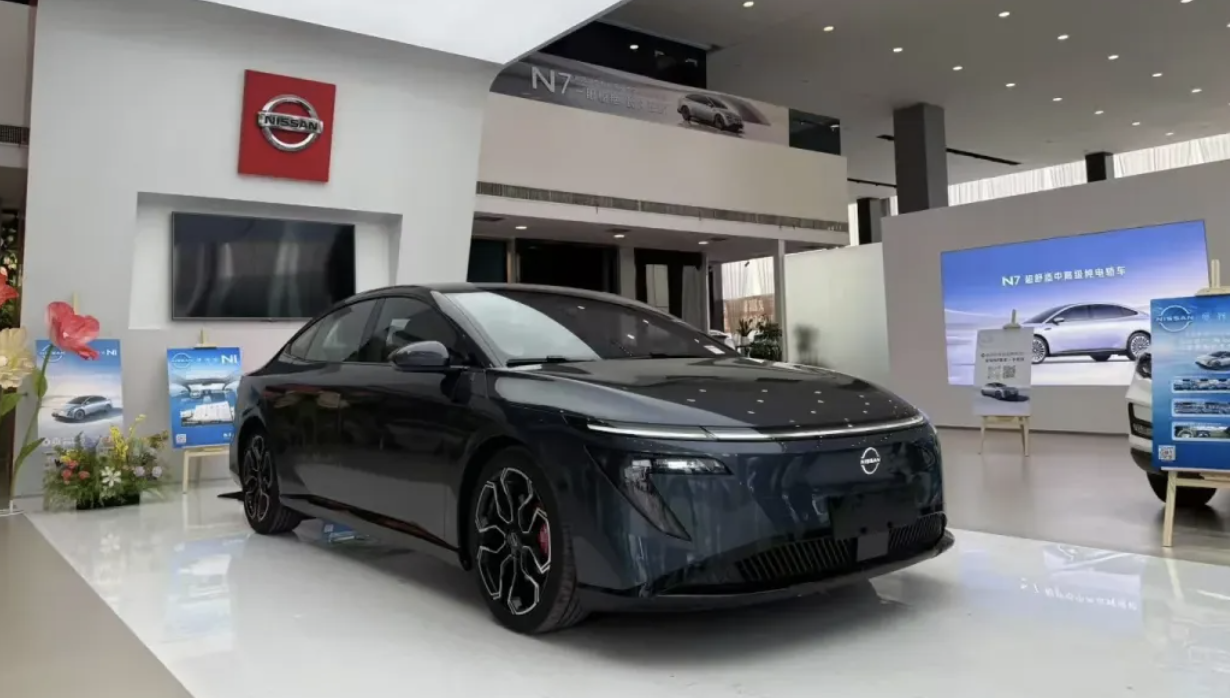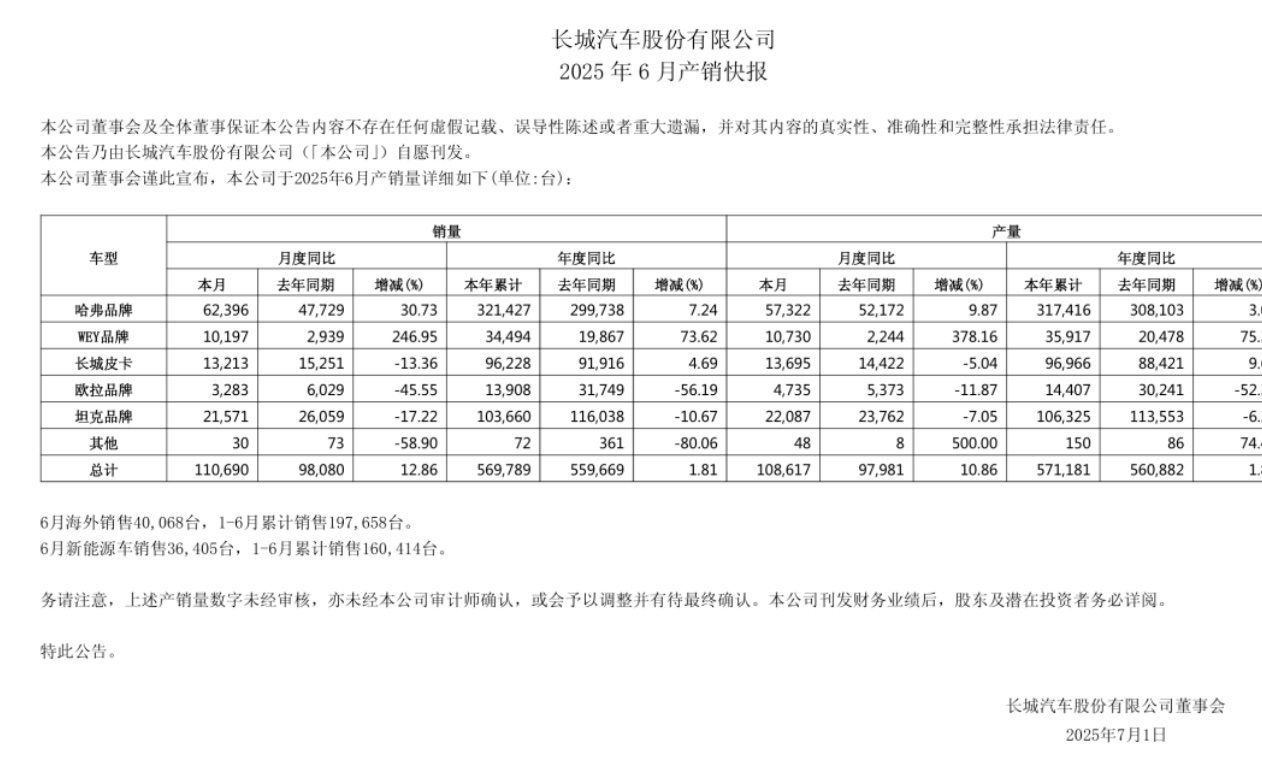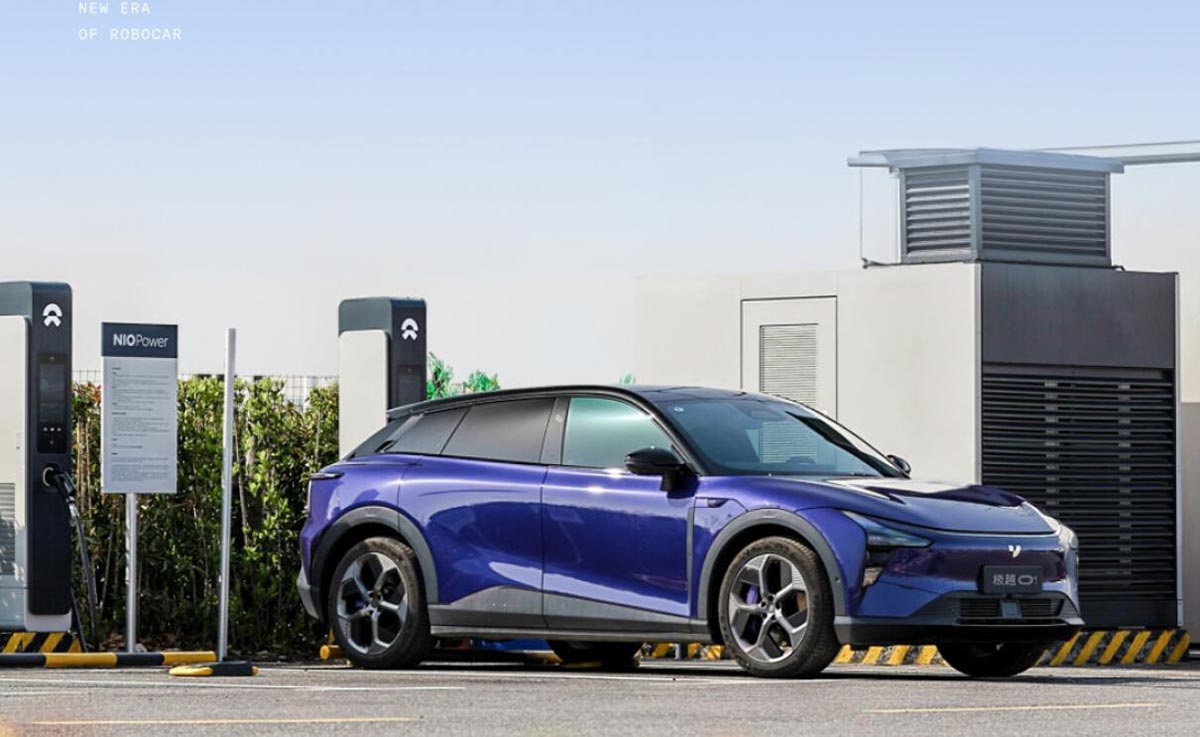Recently, according to media reports, Nissan Motor Co. CEO Ivan Espinosa revealed that the company plans to sell 5% of its stake in Renault. Based on the current share price, the sale could generate approximately 1 trillion yen (about USD 640 million). Nissan intends to use the proceeds to fund the development of new vehicles. Espinosa explained that the move is aimed at creating a more flexible business model that can respond quickly to market changes, while also securing capital for future investments.

Sales Challenges in China
In recent years, the rapid rise of new energy vehicles has eroded Nissan’s market share. In China, for example, Nissan’s latest May sales totaled 57,998 units (including Infiniti imports), down 9.7% from 64,233 units in the same period last year. From January to May, cumulative sales in China reached 225,560 units, a year-on-year decline of 21.3%. In fact, since 2018 Nissan’s sales performance in China has been underwhelming.
Back in 2018, Nissan reached its peak in the Chinese market with annual sales of 1.564 million units, setting a historical record. However, due to a slow transition to electrification and intensifying competition, sales plummeted. By 2023, Nissan’s cumulative annual sales in China fell below the 1 million mark, totaling 793,800 units, down 22.1% year-on-year. In 2024, the decline continued, with cumulative sales dropping to 696,631 units, down 12.23% year-on-year.
Financial Struggles
The persistent decline in sales has also negatively impacted Nissan’s financial performance, pushing the company deeper into losses. Official data shows that in the last fiscal year, Nissan’s consolidated net sales reached 12.6 trillion yen, down 0.4% year-on-year. Operating profit fell sharply to 69.8 billion yen, down 87.7%. The company reported a net loss of 670.9 billion yen, compared with a net profit of 426.6 billion yen in the previous fiscal year, marking a staggering 257.3% year-on-year decline.
In response, Nissan has implemented various restructuring measures, including workforce reductions and a 20% cut in global production capacity. The company previously announced plans to optimize its cost structure, targeting a reduction of approximately 400 billion yen in fixed and variable costs by fiscal year 2026.
Failed Alliance with Honda
Nissan had announced last year that it would establish a joint holding company with Honda, with both automakers contributing equally as subsidiaries. The merger was expected to achieve annual sales exceeding 30 trillion yen and operating profit over 3 trillion yen, making it the world’s third-largest automotive group. However, the partnership collapsed in February this year due to strategic differences, leaving Nissan’s future outlook even more uncertain.
Asset Sales and Restructuring Rumors
In recent months, reports have surfaced that Nissan may sell its Yokohama headquarters building, offer voluntary retirement packages to U.S. employees, and seek to raise over 1 trillion yen through debt financing and asset sales to cope with its heavy restructuring costs. On May 23, Japanese media reported that Nissan was considering selling its Yokohama HQ to ease financial pressures. The company has not publicly responded to these claims, but the rumors highlight Nissan’s mounting financial and operational challenges.
Motivation Behind Renault Stake Sale
Against this backdrop, Nissan’s decision to sell its 5% stake in Renault appears closely tied to its urgent need for cash. As of the 2024 fiscal year, Nissan’s automotive net cash stood at 1.498 trillion yen. However, the road to recovery remains difficult. In China, one of its most important markets, Nissan faces the dual challenge of sluggish fuel vehicle sales and weak demand for its EV lineup. With competition intensifying in the Chinese automotive market, Nissan’s window of opportunity is rapidly narrowing.



